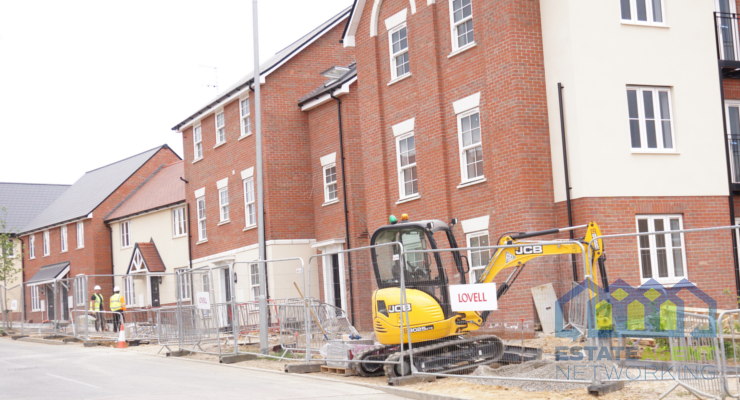What you need Planning Permission for in your Garden
Gardens, mostly those at the rear of property, offer us a great diversity of options outside just a lawn and patio area. From outside office space to swimming pools, gardens are a great space in which we can add great value to our lifestyles from leisure to work.
Planning permission is the phrase used to cover the local authority’s consent to building work being carried out on property and on land within the community. You should be aware of what you can and can not do and when you are fully within your permitted (development) rights to carry on regardless of permission!
If we think about it for a few minutes, there is endless additions that we can add to our gardens to include ponds, water fountains, fences, sheds, summer houses, greenhouses, outbuildings, barns, chicken pens, solar panels, hot tubs, trees, patios, conservatories etc, etc, etc…
Let us take a look at some common questions people ask so to know if they need planning permission or not to add to their garden:
Sheds will in most situations be fine to erect in your garden without any planning permission.
Outbuildings will be a wider topic to cover though most importantly you will not be able to use them as self-contained accommodation. The internal size of the outbuilding must not exceed 30m2, it can not be greater than 50% of the plot surrounding the property, no higher than 2.5m if less than 2m away from the boundary and 4m in height if more than 2m away from the boundary. If you are to construct a brick built large outbuilding you are advised to check your local planning department to see if planning permission will be required.
How high can a garden fence be is a common question asked and this is quite limitless in fact if you so wish though you need to remember that you need no planning for a fence up to 2m with anything beyond that requiring planning permission. If you are thinking about front garden fences, restrictions state that fences alongside a driveway can be a maximum of 1m or 3ft (source thesun.co.uk)
Adding a pond to your garden, even if small and shallow, by way of machinery excavation may be defined as an engineering operation which may require planning permission. If you have a pond in your garden and it leaks onto neighbouring land you will be responsible for any damage or loss suffered as a consequence of the leak (source inbrief.co.uk).
For new trees the rule to remember is that under the Rights of Light Act, if a window has received natural light for 20 years or more, you and your neighbours can’t block it with a new tree (source mirror.co.uk)
Outdoor swimming pools, surprisingly so, will in most cases not require planning permission unless: You are in an area of outstanding natural beauty / green belt / listed building / a conservation area. If you do come under one of these categories then contact your planning office for advice.
Can I keep livestock in my garden? Here you must apply for a CPH number from the Rural Payments Agency (RPA). This must be done before moving livestock onto the land. More information can be found on the Government’s website here.









